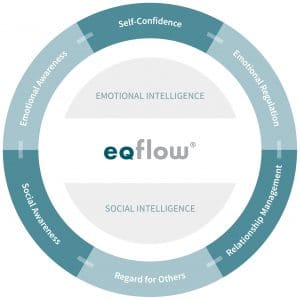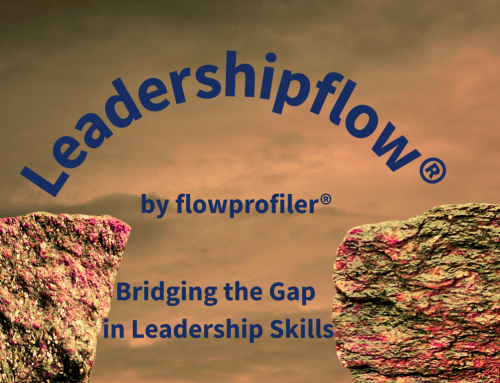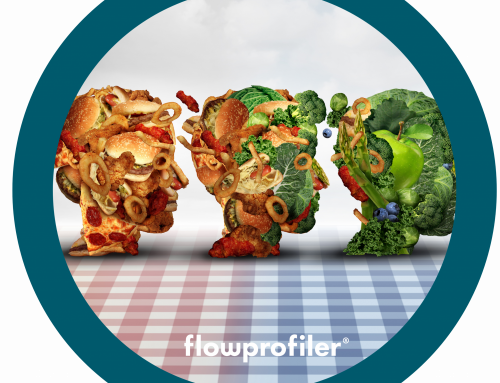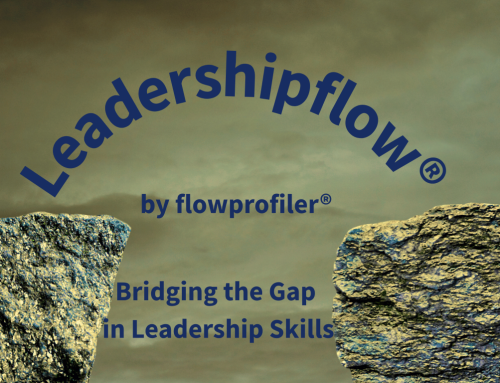In the today’s world of work, mastering emotional regulation is vital for maintaining productivity, fostering positive relationships, and promoting overall well-being. The demands and stresses of the workplace can often trigger intense emotions. This blog will delve into five evidence-based tips, supported by reputable sources, to help you effectively manage your emotions at work, ensuring a harmonious and successful professional experience.
-
Practice Mindfulness:
Mindfulness, an ancient practice derived from contemplative traditions, has gained recognition in modern psychology for its potential to enhance emotional regulation. By staying present and non-judgmentally aware of your thoughts, emotions, and bodily sensations, mindfulness can empower you to respond to situations with greater clarity and composure.
Research by Hülsheger et al. (2013) indicates that mindfulness practices can lead to reduced emotional exhaustion and improved emotional regulation in workplace settings. Engaging in mindfulness techniques such as meditation, deep breathing, and mindful breaks throughout the workday can have a positive impact on your emotional state and your ability to manage stressors effectively.
Source: Hülsheger, U. R., Alberts, H. J., Feinholdt, A., & Lang, J. W. (2013). Benefits of mindfulness at work: The role of mindfulness in emotion regulation, emotional exhaustion, and job satisfaction. Journal of Applied Psychology, 98(2), 310-325.
-
Develop Emotional Intelligence:
Emotional intelligence (EI), defined as the capacity to recognise, understand, and manage one’s own emotions and those of others, plays a pivotal role in effective emotion regulation. Strengthening your EI can lead to improved communication, conflict resolution, and emotional self-regulation in the workplace.
Lopes et al. (2012) emphasise the significance of emotional intelligence in predicting job performance and success. By honing skills such as self-awareness, empathy, and emotional regulation, you can navigate challenging situations more adeptly and contribute to a more positive work environment.
Source: Lopes, P. N., Salovey, P., & Straus, R. (2012). Emotional intelligence, personality, and the perceived quality of social relationships. Personality and Individual Differences, 32(2), 187-202.
-
Utilise Cognitive Reframing:
Cognitive reframing involves altering the way you interpret and perceive situations to modify your emotional response. By challenging negative or irrational thoughts, you can reshape your emotional reactions and mitigate stress.
Gross and John (2003) conducted a study highlighting the efficacy of cognitive reappraisal in influencing emotional responses. Participants who underwent cognitive reappraisal demonstrated enhanced emotional regulation, underscoring the potential of consciously altering one’s perspective to achieve more favourable emotional outcomes.
Source: Gross, J. J., & John, O. P. (2003). Individual differences in two emotion regulation processes: Implications for affect, relationships, and well-being. Journal of Personality and Social Psychology, 85(2), 348-362.
-
Set Clear Boundaries:
Establishing well-defined boundaries between work and personal life is paramount for emotional well-being. Engaging in excessive work and neglecting leisure time can contribute to emotional burnout.
Demerouti et al. (2001) emphasises the importance of boundary management in maintaining work-life balance. By delineating distinct time frames for work-related activities and personal endeavours, you can mitigate emotional exhaustion and facilitate better emotional regulation.
Source: Demerouti, E., Bakker, A. B., Vardakou, I., & Kantas, A. (2003). The convergent validity of two burnout instruments: A multitrait-multimethod analysis. European Journal of Psychological Assessment, 19(1), 12-23.
-
Seek Social Support:
Cultivating a network of supportive colleagues and friends within the workplace can significantly contribute to emotional regulation. Sharing your feelings and concerns with trusted individuals can provide emotional validation and diverse perspectives on challenging situations.
Salovey and Mayer (1990) introduced the concept of emotional intelligence and highlighted the role of social support in emotional well-being. Interacting with empathetic colleagues can help you manage stress and navigate emotionally charged scenarios more effectively.
Source: Salovey, P., & Mayer, J. D. (1990). Emotional intelligence. Imagination, Cognition and Personality, 9(3), 185-211.
Emotional Regulation is a skill that can be developed through evidence-based strategies. By incorporating practices such as mindfulness, honing emotional intelligence, practicing cognitive reframing, setting boundaries, and seeking social support, you can enhance your capacity to navigate the intricate landscape of emotions in the workplace. Remember that these strategies can synergistically complement each other, creating a comprehensive approach to emotional well-being that contributes to a more fulfilling and successful professional journey.
Reach out to us a hello@flowprofiler.com to see how our fantastic eqflow® assessment can help!




